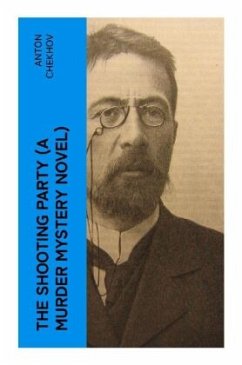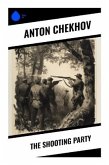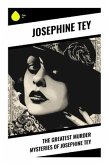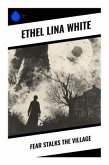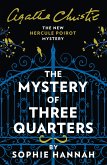In "The Shooting Party," Anton Chekhov transcends the traditional boundaries of a murder mystery to explore themes of morality, existentialism, and human relationships within the setting of Russian high society. The narrative unfolds through a vivid portrayal of a hunting party, where the tension and philosophical musings among the guests become intertwined with the shocking murder of one of them. Chekhov employs his characteristic sparse yet poignant prose, masterfully revealing the nuances of human behavior and the complexity of social dynamics during a time of cultural upheaval in Russia, reflective of the socio-political climate of the late 19th century. Anton Chekhov, a pioneering figure in the world of literature and a prominent playwright, brought his keen observations of human nature and society to "The Shooting Party." Known for his short stories and plays, Chekhov's experiences as a physician and his deep understanding of the human psyche shaped his writing. The interplay of meaning beneath surface-level events in his works echoes his interest in the complexities of moral choice and the fragility of life. For readers seeking a sophisticated blend of suspense and philosophical inquiry, "The Shooting Party" is a must-read. Chekhov's examination of human fallibility and societal structures offers not only a gripping narrative but also profound insights into the human condition, making it a timeless work relevant to contemporary discussions on morality and justice.
Bitte wählen Sie Ihr Anliegen aus.
Rechnungen
Retourenschein anfordern
Bestellstatus
Storno

